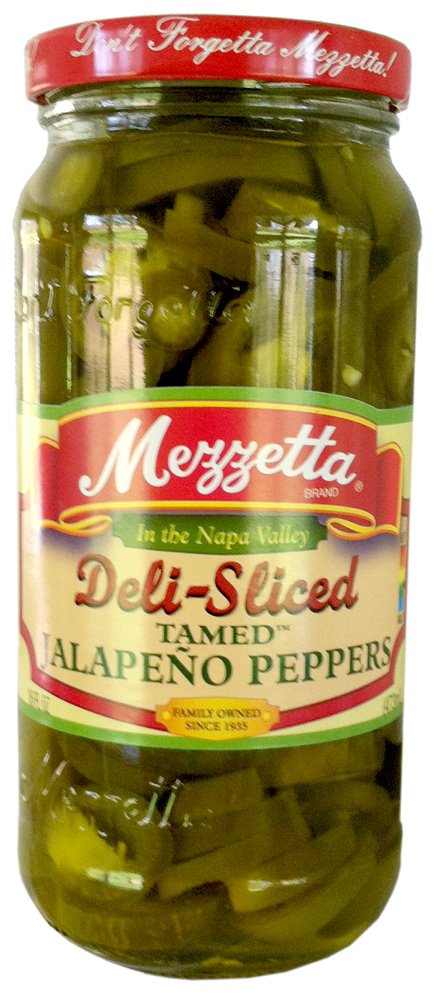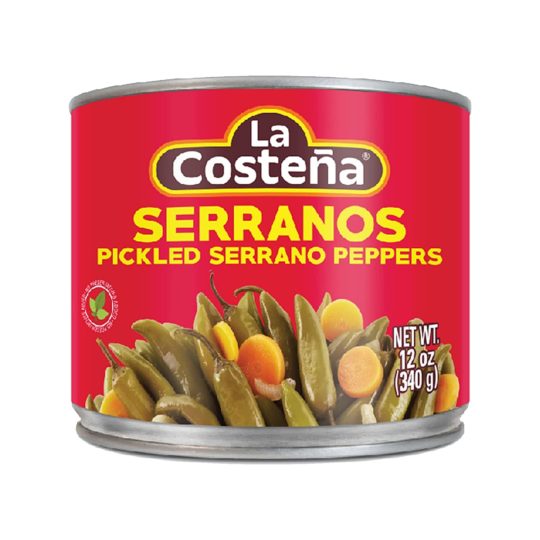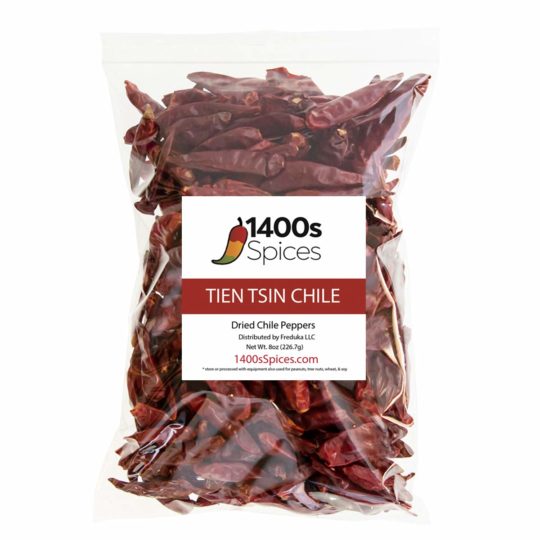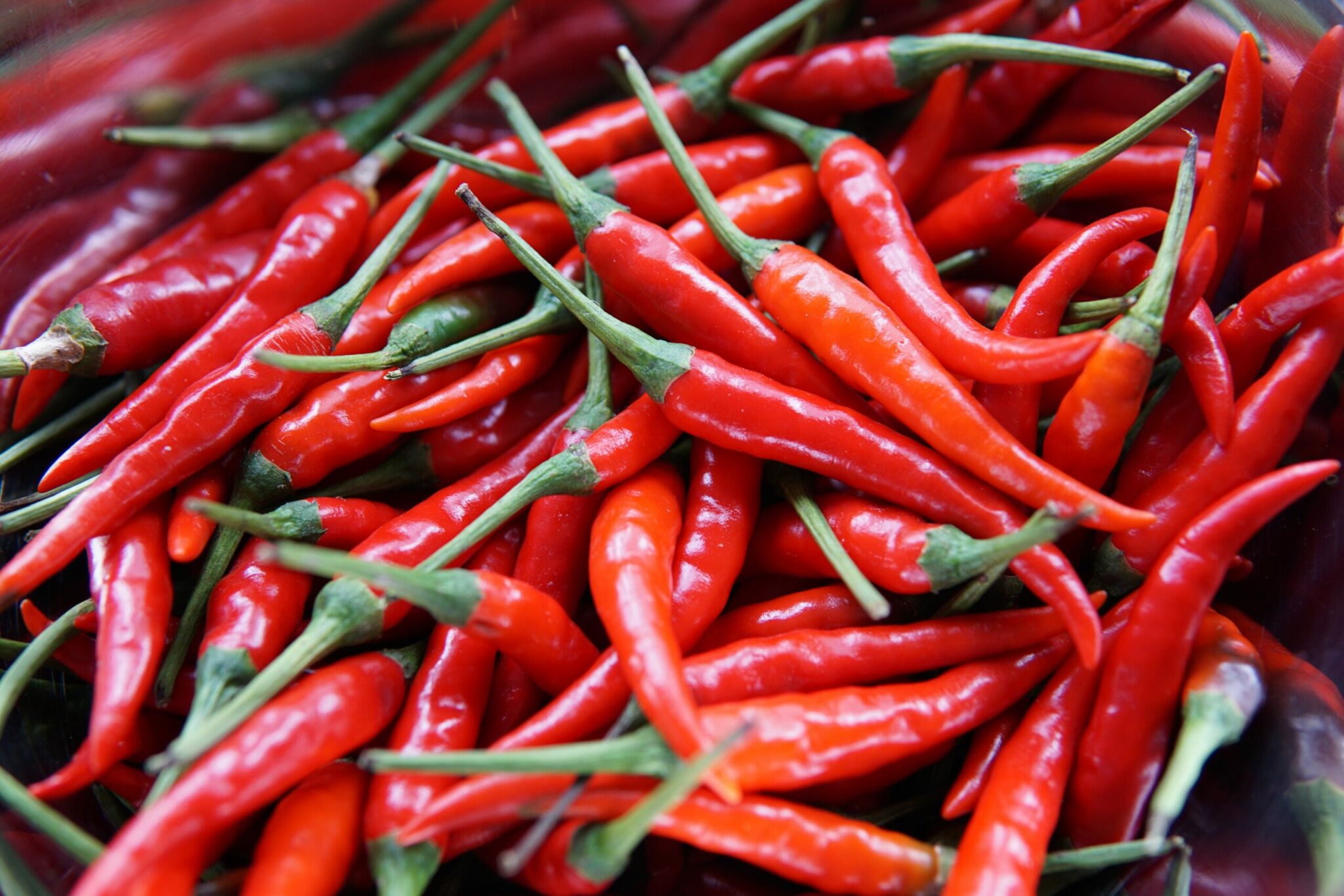If you have ever felt like your entire being was on fire after eating a meal, there’s a good chance that meal was made with red chili pepper. They come in various flavors, but the red hot kind is the most popular one, useful for packing pungent heat into savory recipes.
Popular for its intense pungent heat and spicy quality, red chili pepper is frequently used in many recipes native to different parts of the world. It packs a lot of heat and transfers it to recipes in which it is contained, and it is perhaps the first choice if you’re looking to sweat a little at dinner.
If, however, you find yourself lacking this spicy magic ingredient, many substitutes can replicate its heat in your recipes to varying extents. Try out these substitute options in the right methods and amounts to get desired results in your spicy recipes.
What is red chili pepper?
The chili pepper (also chile, chile pepper, chili pepper, or chili) is the berry-fruit of plants belonging to the nightshade family, Solanaceae, from the genus Capsicum. Chili peppers originated in Mexico, and various cultivars have since spread worldwide. They are used for both food and traditional health remedies.
Essentially, chili pepper capsules are berries, and they are commonly used to lend a spicy ”heat” to recipes across various cultures. When consumed or administered externally, capsaicin and related compounds known as capsaicinoids are the ingredients that give chili peppers their heat. Although bell peppers are technically included in this definition, they are usually divided into two separate categories: bell peppers and chili peppers.
Chili peppers are typically cooked and eaten like vegetables in their new forms. Chili powder can also be made from chili pepper by drying whole pods and then crushing or grinding them into a spice for flavor. Chilies can be dried to make them last longer, and other options for preserving them include pickling, brining, or soaking the pods in oil.
Uses of red chili pepper in recipes
Chili pepper is popular across many traditional cuisines worldwide for one thing, in particular, its characteristic intense and spicy heat. Red chili peppers are frequently used in Asian and Mexican cuisines, and they can be used raw and in a variety of prepared dishes.
The peppers can be dried and processed into powder as a spice and used fresh in culinary applications. Red chile peppers go well with various foods and other spices and herbs.
Some of the recipes in which red chili pepper is commonly used are:
- Simple homemade chili sauce
- Carrot and chili pepper soup
- Red pepper soup
- Nigerian pepper sauce
- Chili steak and peppers
- Beef chili
- Hot pepper and onion pizza
- Fish in red chilli pepper
- Hot pepper chicken marinade
- Spicy red pepper lemon chicken
- Mexican red chile sauce
- Stuffed pepper casserole
- Spicy chilli-garlic noodles
- Hot pepper noodles
- Spaghetti with garlic, oil, and red hot peppers
- Spicy pepper pizza
- Chili pepper cookies
- Red hot chilli pepper chocolate cake
Substitutes for red chili pepper
If you like your food spicy, then you might be one of the people who cannot cook without using red chili pepper in all of their spicy recipes. However, it should be because chili pepper’spepper’s heat is second to none. Also, there are added benefits to your health that its consumption facilitates.
But what if one day you run out of your magic ingredient, for example? There is no need to forego your favorite recipes simply because you lack your favorite ingredient. Instead, there are loads of other options that can work as good replacements for red chili pepper where they are needed.
Some of these options are described below:
Jalapeno pepper
Jalapenos are widely used around the world, particularly in Mexican cuisine. They are typically smooth, dark green or red chilies, and they range in heat from medium to very intense. Jalapeno peppers are also quite high in nutrients and provide various health benefits.
Nowadays, jalapenos are typical to recipes, with heat levels ranging from medium to very intense. They can be effectively used in place of red chili peppers in recipes that call for it.
Serrano pepper
Serrano peppers are slightly hotter than red chili peppers because they are harvested when still green. Serrano is, in fact, one of the strongest chili peppers with a softer flavor. Serrano peppers are popular in the Southwest of the United States. Still, they aren’t as well-known as red chilies or jalapenos.
If you’re going to add serrano to a recipe, make sure to adjust the measurements to account for the difference in heat level.
Tien tsin chili pepper
These chili peppers are native to Northern China and were named for the province where they were cultivated. They are extremely hot and spicy, and they have a gleaming, bright red look.
Tien Tsin chilies, also known as Chinese red peppers, are used in various Chinese recipes, including Szechuan and Kung Pao chicken. Because of the intense heat they pack, it is important to ensure you don’t use too much of them as a substitution option for red chili peppers.
Frequently asked questions (FAQs)
Can I substitute chili powder for chili pepper?
Chili powder and chili pepper are not the same, and Chile pepper is made from dried chili pods ground into a powder. Chili powders are different from chile peppers in that they have been combined with other spices. Cumin, garlic, onion, and other spices are used in Dark Chili Powder.
Can I substitute red pepper flakes for dried red chilies?
Chile flakes (also known as crushed red pepper flakes) are different from dried chiles. When you need a precise amount of dried chile, they’re ideal. When you add them to a dish at the beginning, they make it spicy all the way through; when you add them at the end, they add nice bursts of heat.
Is chili pepper the same as red pepper?
The fruits are flaming red or orange pods that rarely grow longer than 4 inches and are frequently referred to as “chilies” or “chili peppers.” The color of the ground product varies from orange to deep, dark crimson, and. “Red Pepper” is the recommended name for all spicy red pepper spices.
Conclusion
Try one or more of our suggested options if you are craving the spicy heat of chili pepper in your meals and don’t have any available in your kitchen. They should sufficiently replicate the effects of red chili peppers in various recipes.
Remember to use these options in the right amounts and methods to maximize the chances of getting similar results to red chili pepper.




